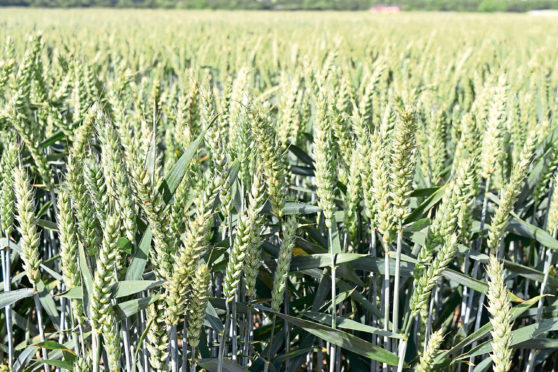Less wheat will be harvested in the UK this year due to more barley and oilseed rape being sown.
The survey, which provides planted area estimates for the UK with a GB regional breakdown, revealed the UK wheat area for harvest 2023 is set to slightly decrease year-on-year.
It is estimated that 1,746 kha of wheat has been planted for harvest 2023.
The slight year-on-year decrease in wheat area has been at the expense of additional barley and oilseed rape (OSR) being sown.
The total UK barley area is estimated to increase by 5% on the year with an uptick in both winter and spring area.
There is also an increase in the GB OSR area which is estimated to increase 11% year-on-year, as high prices in Spring 2022 offered growers the incentive to plant additional OSR.
There seems to be a movement away from alternative break crops such as oats, as the GB oat area is set to decrease by 7% year-on-year.
Anthony Speight, AHDB Senior Analyst, said: “The UK harvest is here and it’s highly likely that gross margins for 2023 are going to be squeezed in comparison to 2022. This season has been a high input year for farmers as inflation, energy prices and input costs have increased exponentially.
“Since winter crops have been sown, global grain markets have been on a downward drift as markets have adjusted, navigated and digested the war and geo-politics in the Black Sea.
“It’s a hard time for growers as cereal and oilseed prices are now lower than what they were when planting intentions were decided last year, and those peak marketing opportunities may have passed for 2023 harvest. However, with the war continuing in Ukraine, we are still in volatile and unknown times for commodity prices. As harvest 2023 starts, growers will have a clearer idea on their breakeven point. What I will say is take marketing opportunities and ride the short-term volatile highs when opportunities arise to market your crops.”
